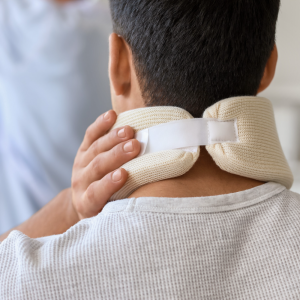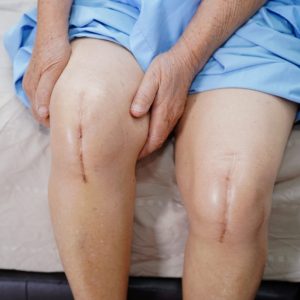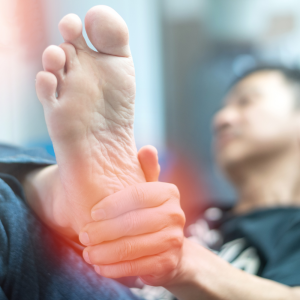Immediately after your total joint replacement surgery, you will be moved into a recovery room to be monitored for a couple of hours. After the anaesthesia has worn off and you are awake, you will then be moved to your ward where you will stay for the next few days. A typical stay in the hospital will be between 3 to 5 days depending on your progress. Before the effects of the anaesthesia have fully worn off, you should consume pain killers to prevent a sudden onset of unbearable pain. So how do you recover from total joint replacement surgery?
Physical therapy
Muscle atrophy is the result of depriving muscles activities, leading to muscle wastage. This can happen after a couple of days post surgery, leading to shrinking of muscles and muscular apoptosis. In order to prevent this, physical therapy will be required. Physical therapy helps to strengthen the hip joints through various small but effective exercises. It usually begins almost immediately after surgery in order to prevent scar tissues from forming. A physical therapist will be there to teach you some basic exercises to help you regain strength and full hip movement in the shortest time. It continues even when you have been discharged, and you will be required to show up for your physical therapy classes up to 4 times a week.
Understand possible medical complications
Hip replacement surgery has a low risk and infections are at a low rate of 2%. However, this does not mean that you are completely clear of any complications. Blood clots in the leg veins can occur due to prolonged immobility, leading to serious consequences if they travel up to the heart or brain. Therefore, some surgeons will recommend the usage of compressive stockings.
Do not be complacent
As time passes, the hip will be stronger and the usage of walking aids such as crutches or walkers will no longer be required. Some patients will tend to get complacent and start to skip physical therapy sessions or ignore symptoms which may indicate infection. Therefore, always be mindful of your responsibilities as a patient and continue your physical therapy sessions until your therapist has given you the all clear.
Your new hip will be able to last you for at least a decade and provide you with freedom you never imagined. However, you still need to know that it is an artificial joint inside you and materials can fail due to various reasons and a second surgery may be required in future.








